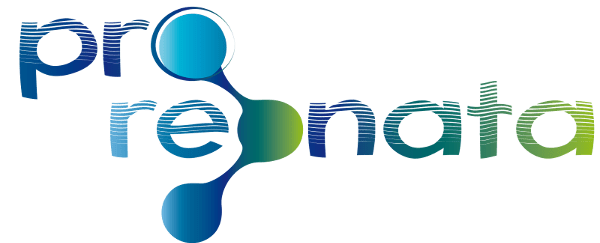Roughly 20% of clinical trials fail because they cannot recruit enough patients. To combat poor patient accrual, many sponsors now use international trials and global studies. These are among the best solutions to meet target sample size and keep trials running on schedule.
In fact, international trials are often the only solution when it comes to rare and orphan diseases. With these diseases, there aren’t enough patients in any one country to run well-powered trials.
But here’s the rub: All your patient-facing materials must be in the trial participants’ native languages. In the EU, as you probably know, this is a legal requirement under Clinical Trials Regulation EU No 536/2014.
So if your trial participants don’t speak your language, you need clinical trial translation services. In many cases, it is a matter of compliance with your regulatory requirements.
A word of warning — don’t hire any old translator
Getting your technical documents, forms and patient-facing materials translated is just the beginning. The quality of the translations matters, too. A poor translation can be inconvenient or even costly to sponsors and investigators. But it can be downright dangerous to patients. Here’s why it pays to hire professionals who can ensure an accurate translation.
The impact of poor clinical trial translation services on sponsors and investigators
Poorly translated clinical trial documents can hurt you throughout the trial process. Before your clinical study begins, for instance, a mistranslated protocol may hold up the approval of your trial application. Delays of this nature can cost sponsors dearly. They also create unnecessary extra work for investigators.
Poor clinical trial translations may also cause problems during your trial. Mistranslations can hamper communication between trial teams and disrupt data collection. They may even cause in-country teams to misunderstand a critical aspect of the trial protocol. And no one wants deviations that may later hamper the validation of your trial results.
Delays and disruptions like these are a waste of funding and research for you. They are also a waste of time and resources for patients.
The risks of inaccurate translations to participants
In international trials, clinical trial translation services allow patients to enrol and avail of novel, life-saving drug therapies. They also allow sponsors and researchers to test treatment outcomes in different settings and populations. But what if a patient is confused by an unclear translation of an informed consent form? What if they don’t understand the benefits of enrollment from the translated patient information leaflet?
If a patient is unsure what they are being asked to do, or unclear about the benefits of participating, they may refuse to give consent. This is a lost opportunity for the patient. It also robs the medical world and the life sciences of a chance to learn about real-world outcomes with treatments.
Worse, a patient may sign an informed consent form but not fully understand the risks they are facing. This may happen if, say, a translation error slips into the content of the patient information leaflet. Or a patient may misunderstand the translated instructions they receive during the study, rendering the data relating to them unusable by the researchers.
Of course, the ultimate risk is that a patient is harmed during your study. If harm occurs because the patient does not understand the risks or misunderstands the instructions they receive, the legal implications are considerable.
So how do you ensure translation quality for clinical trial documents?
The good news is that you can avoid the pitfalls of poor clinical trial translations. To stay protected as sponsors and keep patients safe, our advice is to only work with specialized medical translators. Their expertise has the biggest influence on quality assurance in clinical trial translation services. Check out our previous blog post to understand why.
On top of expertise, you also need translators who have a clear, multilayered process. One that draws on long experience, subject matter expertise, multiple quality checks, and quality assurance technology.
At pro re nata, the standout feature of our process is that we work as a pair. One translates, edits, and proofreads the translation. The other then revises the translation with a fresh pair of eyes. This is the “4-eyes principle” recommended by the ISO translation standard 17100. Working as a pair ensures our translations are accurate and easy to read. It also allows us to identify issues with the original English document, which we pass on to you for review.
There is one thing specific to clinical trial translation services. As we saw earlier, it is the legal requirement to adapt technical information to the native language and reading level of participants. As medical translators, we have the subject matter expertise to handle even complex medical information. But we are not medical professionals. This gives us an outsiders’ perspective that makes our translations easy for your lay readers to read.
An additional advantage of being professional translators is our awareness of regional linguistic differences. This, too, has its place in clinical trial translation. You see, translation may only be the first step. Some multi-country trials also require a further step known as “localization.” At pro re nata, for instance, we translate trial materials into French. But as you can imagine, a patient in France does not have the same linguistic preferences as one in Quebec. Localization adapts the French translation to the needs of French speakers in each trial country.
At pro re nata, we’ve been translating clinical trial documents for more than 20 years. We’re here to simplify the management of multi-language trial documentation.
Recruiting patients internationally with clinical trial translation services
If you remember one thing from this article, let it be this — choose specialized professional medical translators. They should have the subject matter expertise to understand your clinical trial documents. And an ability to translate your documents from the patients’ perspective. At pro re nata, we specialize in translating clinical trial documentation from English to French. We also coordinate translations into other languages with our trusted colleagues.
